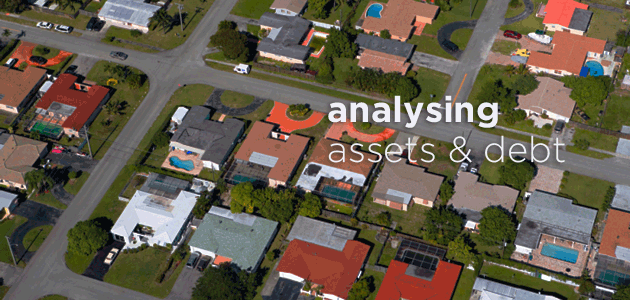New Luxembourg Wealth Study (LWS) Database is launched
 Today, LIS is taking an exciting step forward by introducing an expanded and updated version of the Luxembourg Wealth Study (LWS) Database.
Today, LIS is taking an exciting step forward by introducing an expanded and updated version of the Luxembourg Wealth Study (LWS) Database.
Launched in 2007 as a pilot project, the LWS Database has provided opportunities for research on wealth and debt. In the intervening nine years, LIS has contributed to, and gained from, networks of wealth researchers and experts at the OECD and ECB. These ventures have led to improved international standards and better practices for collecting and analysing micro statistics on household wealth.
One outcome of these collaborations is a redesigned LWS Database. Our upgraded database embodies a cutting-edge conceptual framework and improved standards for the analysis of household wealth. The new LWS Database ensures high quality and comparability across countries.
Today, we are releasing 12 newly harmonised datasets, from seven countries: Australia, Canada, Finland, Greece, Italy, the United Kingdom, and the United States. The reference years range from 2005 to 2013. The number of LWS datasets will continue to increase; more extensive data holdings will enable new lines of research on wealth and debt across countries and, to some extent, over time.
The LWS Database includes harmonized microdata on various aspects of household balance sheets, as well as related economic, demographic, and behavioral variables. The data enable distributional analyses on household assets and liabilities, which are particularly important for gaining a comprehensive understanding of households’ financial stability.
We anticipate that the common variables in the LWS and LIS Databases, specifically income, expenditures, and a range of demographic and economic characteristics, will facilitate the use of the new LWS datasets by our large community of LIS Database users. With these new LWS datasets, our data users will be able to jointly assess multiple dimensions of household economic well-being, namely wealth, income and (in some datasets) consumption.
Last, but not least, we will continue to make available the pilot version of the LWS Database and, over time, we will harmonize some of these earlier datasets into the new LWS Database.
